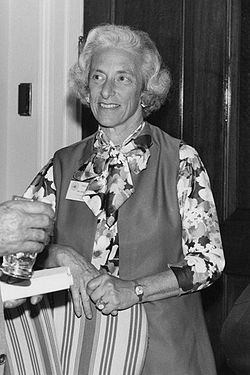Barbara W. Tuchman Quote
Once the mobilization button was pushed, the whole vast machinery for calling up, equipping, and transporting two million men began turning automatically. Reservists went to their designated depots, were issued uniforms, equipment, and arms, formed into companies and companies into battalions, were joined by cavalry, cyclists, artillery, medical units, cook wagons, blacksmith wagons, even postal wagons, moved according to prepared railway timetables to concentration points near the frontier where they would be formed into divisions, divisions into corps, and corps into armies ready to advance and fight. One army corps alone—out of the total of 40 in the German forces—required 170 railway cars for officers, 965 for infantry, 2,960 for cavalry, 1,915 for artillery and supply wagons, 6,010 in all, grouped in 140 trains and an equal number again for their supplies. From the moment the order was given, everything was to move at fixed times according to a schedule precise down to the number of train axles that would pass over a given bridge within a given time.
Once the mobilization button was pushed, the whole vast machinery for calling up, equipping, and transporting two million men began turning automatically. Reservists went to their designated depots, were issued uniforms, equipment, and arms, formed into companies and companies into battalions, were joined by cavalry, cyclists, artillery, medical units, cook wagons, blacksmith wagons, even postal wagons, moved according to prepared railway timetables to concentration points near the frontier where they would be formed into divisions, divisions into corps, and corps into armies ready to advance and fight. One army corps alone—out of the total of 40 in the German forces—required 170 railway cars for officers, 965 for infantry, 2,960 for cavalry, 1,915 for artillery and supply wagons, 6,010 in all, grouped in 140 trains and an equal number again for their supplies. From the moment the order was given, everything was to move at fixed times according to a schedule precise down to the number of train axles that would pass over a given bridge within a given time.
Related Quotes
About Barbara W. Tuchman
Tuchman focused on writing popular history.
Tuchman was a member of the Writers and Artists for Peace in the Middle East, a pro-Israel group. In 1984, she signed a letter protesting German arms sales to Saudi Arabia.
